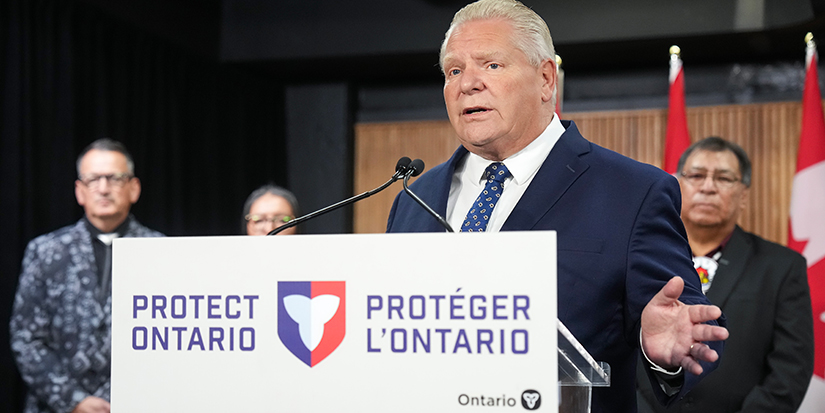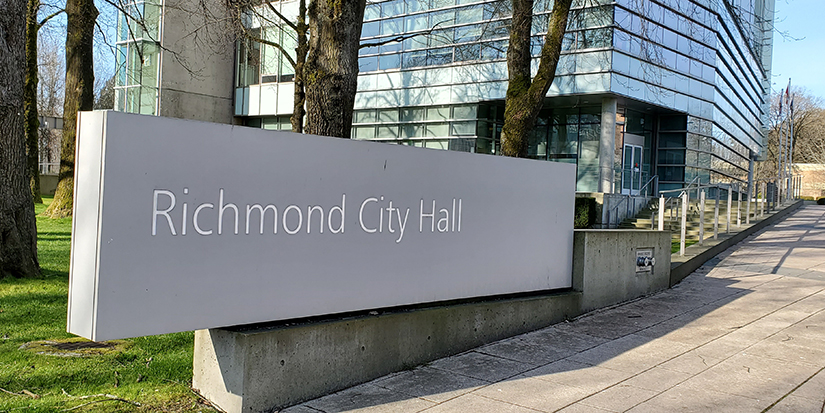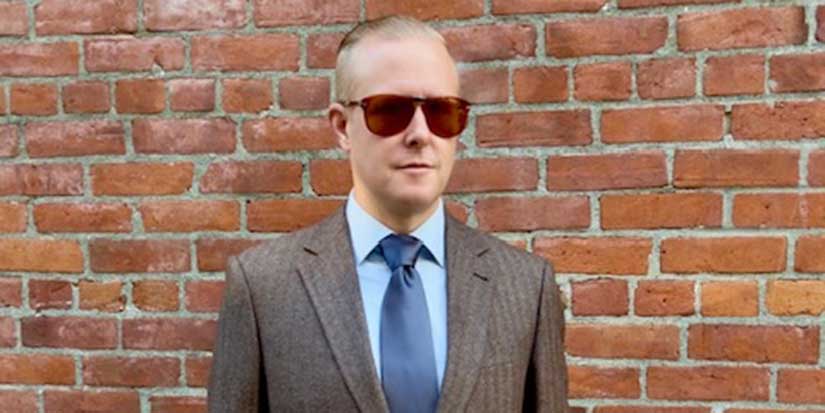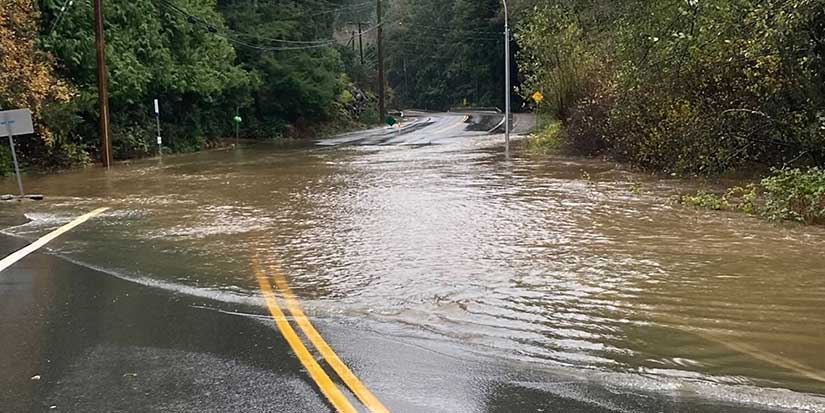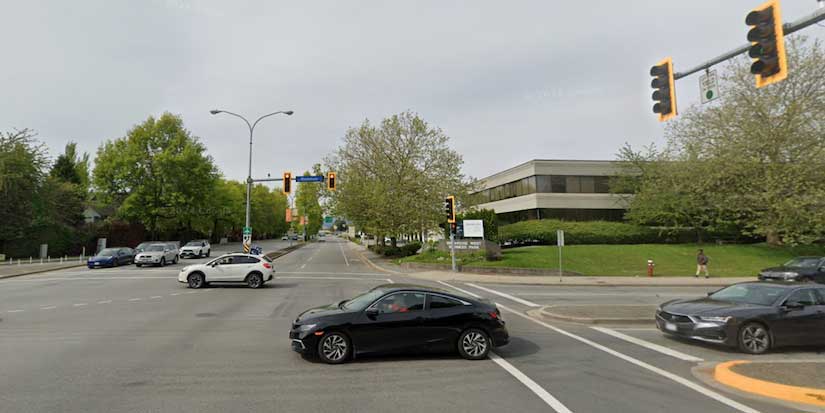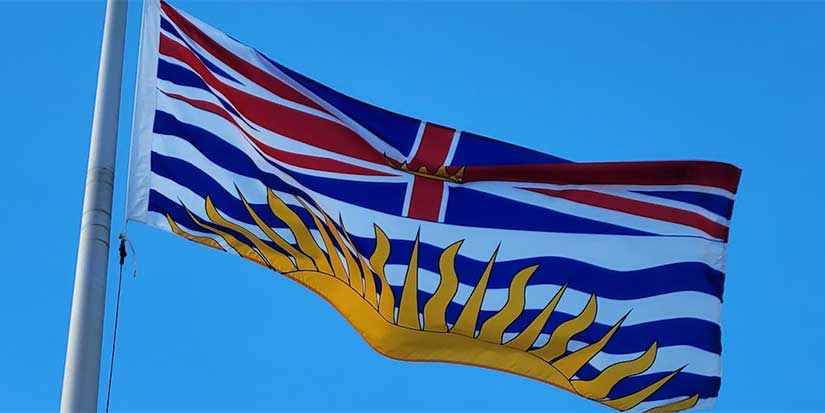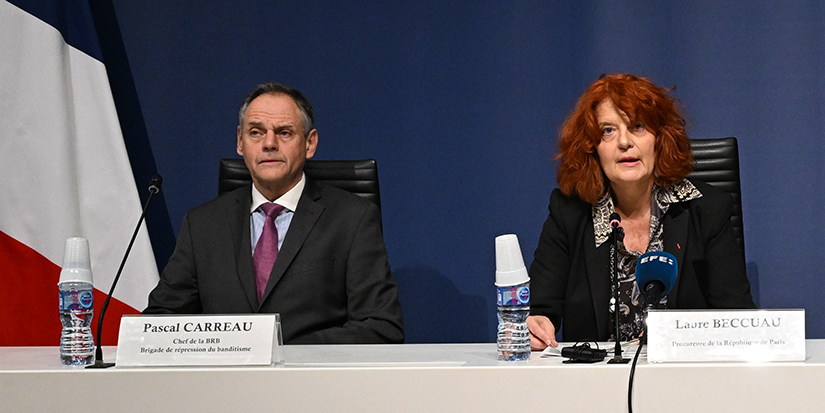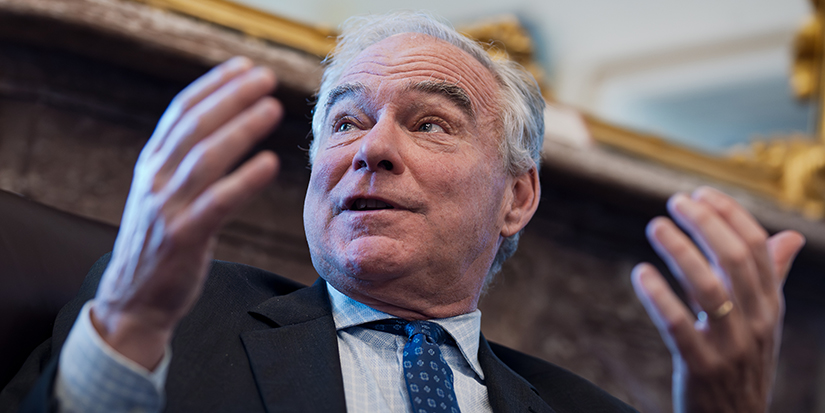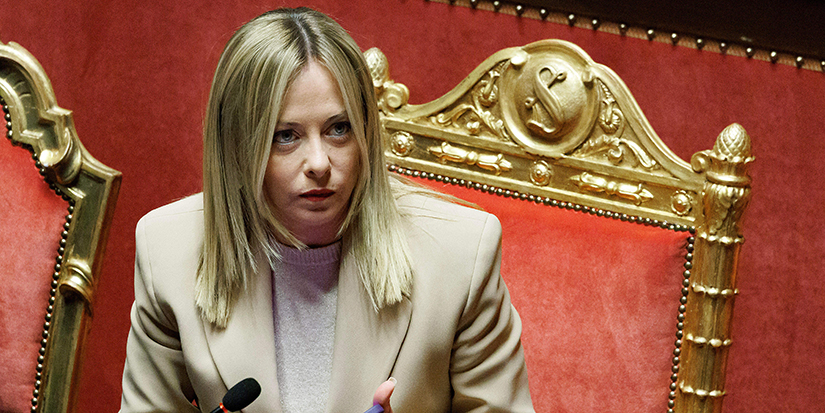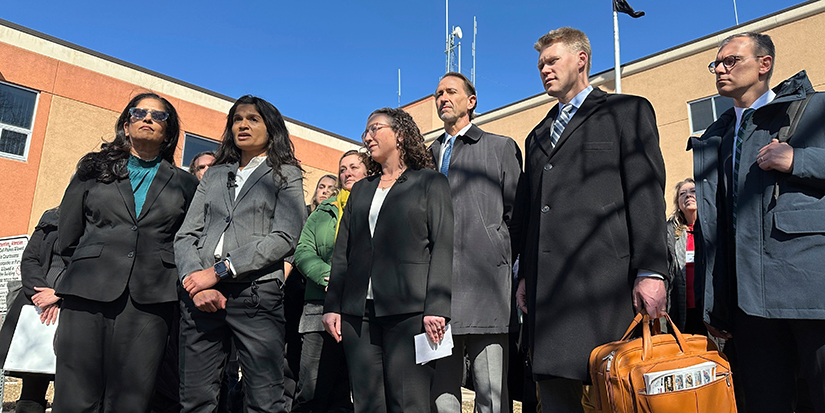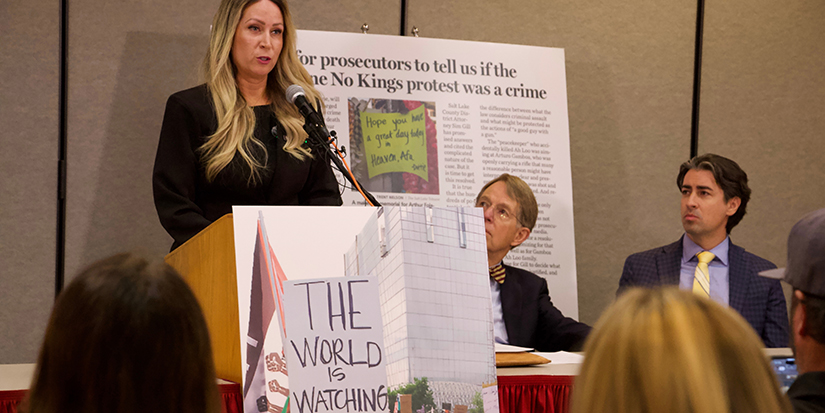National News
'Call 1-800-Doug-Ford': Ontario, N.B. courting Quebec doctors unhappy with pay law
Published 12:22 PDT, Wed October 29, 2025
Last Updated: 2:21 PDT, Wed October 29, 2025
—
Ontario and New Brunswick are openly courting Quebec doctors upset over a recent provincial law that imposes a new method of remuneration on physicians.
While Premier François Legault criticized his Ontario counterpart for musing about recruiting Quebec doctors, in recent weeks, more than 100 Quebec physicians were testing the waters in those two provinces, applying for a licence to practice, according to provincial medical governing board figures.
On Wednesday, Ontario Premier Doug Ford jokingly invited interested Quebec physicians to call "1-800-Doug-Ford" and reach out to him on his cellphone after he was asked about the Quebec doctor labour woes during a news conference at Queen's Park.
But despite the joke, he was serious — Ford says he will roll out the red carpet for Quebec doctors looking to move west.
"We'll have you working real quick," Ford said. "I'd like to see the doctors, nurses, we'd like anyone in health care come to Ontario because we're a growing community."
In response, Legault emerged late Wednesday and criticized Ford's comments as "totally unacceptable," adding the Ontario premier was showing "a complete lack of judgment."
Legault said his government is trying to bring significant changes to the health system, a delicate and emotional issue, particularly for doctors.
"We all have major challenges in improving our health care systems in all provinces," Legault said. "This is not the time for provinces to be undermining each other; it's time to work together."
Quebec doctors have been outspoken against a law — which was fast-tracked through Quebec's legislature and adopted early Saturday morning — that links compensation to performance targets and prohibits physicians from using pressure tactics that could interfere with access to care.
The province's federation of medical specialists argues that the legislation violates basic individual freedoms.
Physicians who take "concerted action" to oppose the government's policies could face severe penalties, including fines for failing to provide adequate services for the public, under the legislation.
In addition, the legislation links pay to performance targets such as a meeting a minimum number of appointments or performing a minimum number of surgeries in the span of a year.
For his part, Ford played up Ontario's francophone culture — more than 600,000 in the province — and the need for more health care professionals.
"There's something about myself and Quebecers we connect, they're passionate, they're fighters, I love Quebecers," Ford said, noting the province's moves to train and attract more doctors.
"But the seasoned veteran docs, best quality of life you'll ever have, come by, we'll roll out the red carpet for you," Ford said.
Dr. Vincent Oliva, head of the federation of medical specialists in Quebec, said he was disheartened by the Ford announcement in a social media video Wednesday.
"As a Quebecer, I haven't been involved with the federation of medical specialists to manage an exodus," Oliva said. "What I want is for us to be able to offer specialist doctors here in Quebec's attractive working conditions, not only to keep our Quebec doctors here, but also to attract talent from outside."
He urged Legault to intervene.
"We need to keep our doctors here at home," Oliva said.
The numbers were trending upward before the political class weighed in. The College of Physicians and Surgeons of Ontario said as of Wednesday morning, the college had received 70 licence applications since Oct. 23 — specific to physicians seeking a restricted or independent practice certificate in Ontario.
A spokeswoman for the college said in a statement the applications could be withdrawn or cancelled and doesn't reflect how many will ultimately be granted the right to practice.
"Individual physicians may make personal decisions to relocate for various reasons, and our data does not disclose reasons for seeking licensure to practice in Ontario," said Laura Zilke in an emailed statement.
"It also does not reflect whether a newly licensed physician will practice or intends to practice in Ontario."
The College of Physicians and Surgeons of New Brunswick receives around 3-4 licence applications per month from physicians from Quebec.
"The number of licence applications we have received from Quebec physicians this month changes daily, and is now close to 40," said Aleisha LaMorre, a spokeswoman for the New Brunswick regulatory body.
The New Brunswick college says as Canada’s only bilingual province, physicians are able to practice in either official language.
Earlier this week, New Brunswick Premier Susan Holt on Radio-Canada defended efforts by the French-language Vitalité Health Network to recruit from Quebec amid the labour dispute.
For its part, Vitalité said in a statement that Quebec has always been one of the provinces where it targets recruitment. It has pushed a social media campaign telling prospective doctors "your future is here."
The recent campaign is in part for the francophone Physicians of Canada Conference being held in Montreal this week. But the network confirms "a recent uptick of informal expressions of interest."
"The vast majority of young doctors in New Brunswick are trained by Quebec's university institutions," Vitalité said in a statement.
Pablo Rodriguez, Quebec Opposition leader, said it's a "catastrophe" to hear that 100 doctors were planning on leaving the province. He repeated a call he made over the weekend for doctors to stay put with a provincial election coming in 2026. The Liberals and Québec solidaire have said they'd scrap the law.
"They have a government who could have stayed at the table and negotiated with the doctors, they (the government) decided to say, 'my way or the highway'," Rodriguez said. ""What I'm telling them (is) please, stay here, we know that you want to stay here."
Health Minister Christian Dubé sought to calm the waters, urging doctors to "take a step back" and ensure they understand the new law.
"We will be publishing information, holding information sessions, and all sorts of events in the coming days to properly explain the law," said Dubé, who put out an FAQ and an op-ed in the past 24 hours alone.
– Sidhartha Banerjee, The Canadian Press
With files from Caroline Plante in Quebec City.
